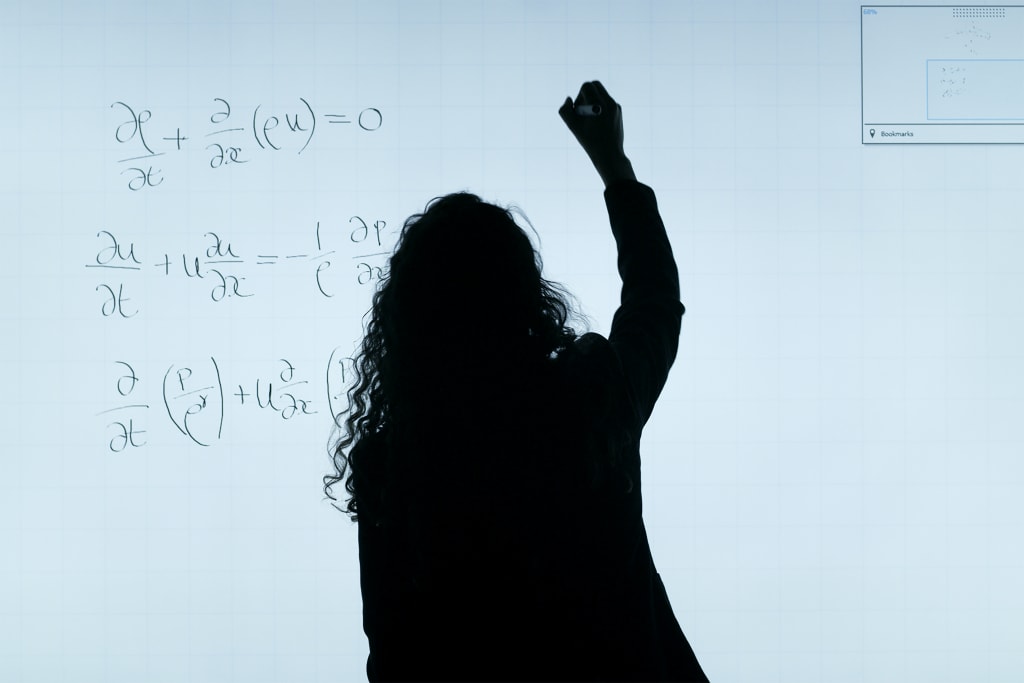How The Theory of Relativity Affects our Daily Lives
How Physics shapes our Lives

The theory of relativity, developed by Albert Einstein in the early 20th century, is one of the most influential scientific theories of all time. Although it may seem like a complex and abstract concept, the theory of relativity has a profound effect on our daily lives, shaping the way we think about space, time, and motion. In this article, we'll explore some of the ways that the theory of relativity affects our daily life, from the way we navigate to the way we communicate.
One of the most tangible effects of the theory of relativity is on our ability to navigate. Before Einstein's work, people believed that time and space were absolute and unchanging. But the theory of relativity showed that time and space are relative and change based on the observer's motion and position. This has important implications for navigation, as it means that GPS systems, which rely on satellite signals to determine our location, need to account for the effects of relativity to be accurate.
The theory of relativity also affects our communication technology. The fastest that information can travel through space is the speed of light. However, the theory of relativity predicts that as an object approaches the speed of light, time slows down relative to an observer at rest. This means that if we were to travel near the speed of light, time would seem to pass more slowly for us than it would for someone who was stationary. This is known as time dilation, and it has implications for communication technology that uses satellites, as the satellites are moving at a significant fraction of the speed of light. To account for this, engineers must take into account the effects of time dilation when designing communication systems and synchronizing clocks on Earth and in space.
Another important aspect of the theory of relativity is its impact on our understanding of gravity. Einstein's theory showed that gravity is not a force, as was previously thought, but rather the curvature of spacetime caused by the presence of massive objects. This has far-reaching implications for our understanding of the universe, as it helps to explain why planets and stars orbit each other and why galaxies form and evolve. In addition, the theory of relativity predicts that time passes more slowly in stronger gravitational fields, which has been confirmed by experiments and is used in GPS systems to correct for the effects of gravity on satellite clocks.
The theory of relativity not only changed the way we think about physics and the natural world, but it also had a profound impact on our broader cultural and philosophical understanding of space, time, and reality.
One of the key ways that the theory of relativity influenced philosophy is by challenging the previously held notions of absolute space and time. Before Einstein's work, it was believed that space and time were fixed and unchanging, existing independently of the objects and events that took place within them. But the theory of relativity showed that space and time are relative, changing based on the observer's position and motion. This challenged the traditional view of reality and led to new discussions about the nature of space, time, and the universe.
In literature and art, the theory of relativity has inspired new ways of thinking about time and space. For example, science fiction writers have explored the implications of time dilation and faster-than-light travel, imagining worlds where time passes differently for different observers, and the limits of space and time are pushed to the brink. In the world of art, the theory of relativity has inspired artists to create works that question our perception of time and space and to challenge our conventional notions of reality.
In addition to influencing specific fields of study and artistic expression, the theory of relativity has also had a broader impact on our culture and society. For example, it has been said that the theory of relativity was one of the key factors that contributed to the cultural and intellectual upheaval of the 20th century, as it challenged previously held beliefs about the world and our place within it. Furthermore, the theory of relativity has inspired new forms of critical thinking and questioning, encouraging us to challenge our assumptions and to consider new and different perspectives on the world.
About the Creator
Jodi Berkley
A writer from the heart.






Comments
There are no comments for this story
Be the first to respond and start the conversation.